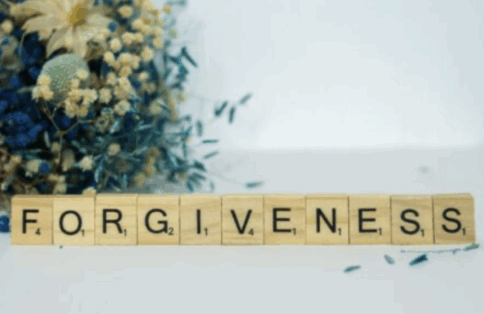Why Your Brain Fights Against Forgiveness (And What Science Says About It)

Here’s something that might surprise you: your resistance to forgiveness isn’t a character flaw—it’s biology.Your brain is literally wired to hold onto pain as a survival mechanism. Every time you replay that hurtful moment, your neural pathways are reinforcing the trauma response. It’s like your mind is saying, “Remember this! Don’t let it happen again!”But here’s what’s fascinating—and hope-inducing—about the research on forgiveness…
The Hidden Cost of Unforgiveness
When we refuse to forgive, we’re essentially choosing to keep the betrayal alive in our bodies. That persistent anger, resentment, and hurt? They’re not just emotions anymore—they’ve become a physiological stress response that’s running 24/7.Think about it: the person who hurt you gets to move on with their life while you carry their actions in your nervous system every single day.Your sleep suffers. Your relationships strain. Your immune system weakens. You’re essentially giving someone who already hurt you the power to keep hurting you.
The Science Behind the Struggle
Research shows there are predictable stages people move through when healing from the deep pain of betrayal. Most people get stuck in Stage 3 (out of the 5 Stages from Betrayal to Breakthrough)—they’re surviving, but they’re not thriving. They’re functioning, but carrying symptoms like:
- Racing thoughts that won’t quiet
- Difficulty trusting new people
- Physical tension and exhaustion
- Emotional numbness or overwhelming anger
- A sense of being “forever changed” by what happened
Sound familiar? You’re not broken. You’re human. And you’re exactly where thousands of others have been before finding their way to freedom.
What Changes Everything
Here’s what I’ve learned from working with people who’ve successfully transformed their deepest pain: forgiveness isn’t about them—it’s about reclaiming your power.It’s not saying what they did was okay. It’s not about reconciliation or trust. It’s about freeing yourself from carrying their actions in your body and mind.The most powerful shifts happen when people understand that forgiveness is actually a skill you can learn, not a feeling you have to wait for.
Your Path Forward
If you’ve been carrying the weight of betrayal, anger, or deep hurt, know this: there is a proven path to freedom. As we approach National Forgiveness Day on September 1st, consider this your invitation to transform your relationship with your pain.The research is clear—people who learn evidence-based forgiveness techniques don’t just feel better emotionally, they experience measurable improvements in sleep, relationships, and overall health.
What if 21 days from now, you could wake up without that heavy feeling in your chest? What if you could think about what happened without your nervous system going into overdrive?
That’s not wishful thinking. For many people, that’s exactly what happens when they follow a science-based approach to forgiveness and healing.Your past doesn’t have to determine your future.
The choice—and the power—is still yours.
Dr. Debi Silber, Founder and CEO of The PBT (Post Betrayal Transformation) Institute and National Forgiveness Day is a WBENC-Certified WBE (Women’s Business Enterprise), an award-winning speaker, bestselling author, holistic psychologist, a health, mindset and personal development expert who helps (along with her incredibly gifted Certified PBT-Post Betrayal Transformation Coaches and Practitioners) a predictable, proven multi-pronged approach to help people heal (physically, mentally and emotionally) from the trauma of shattered trust and betrayal.
